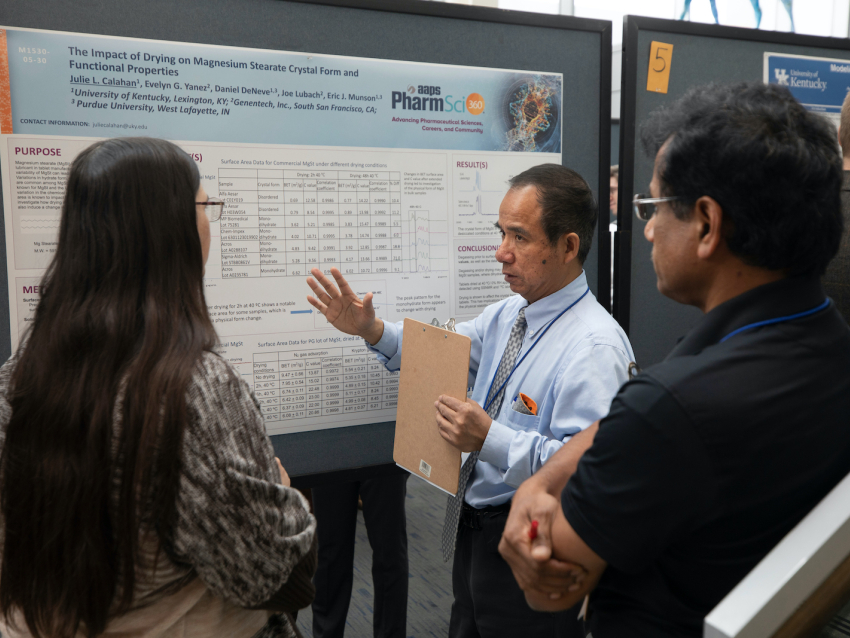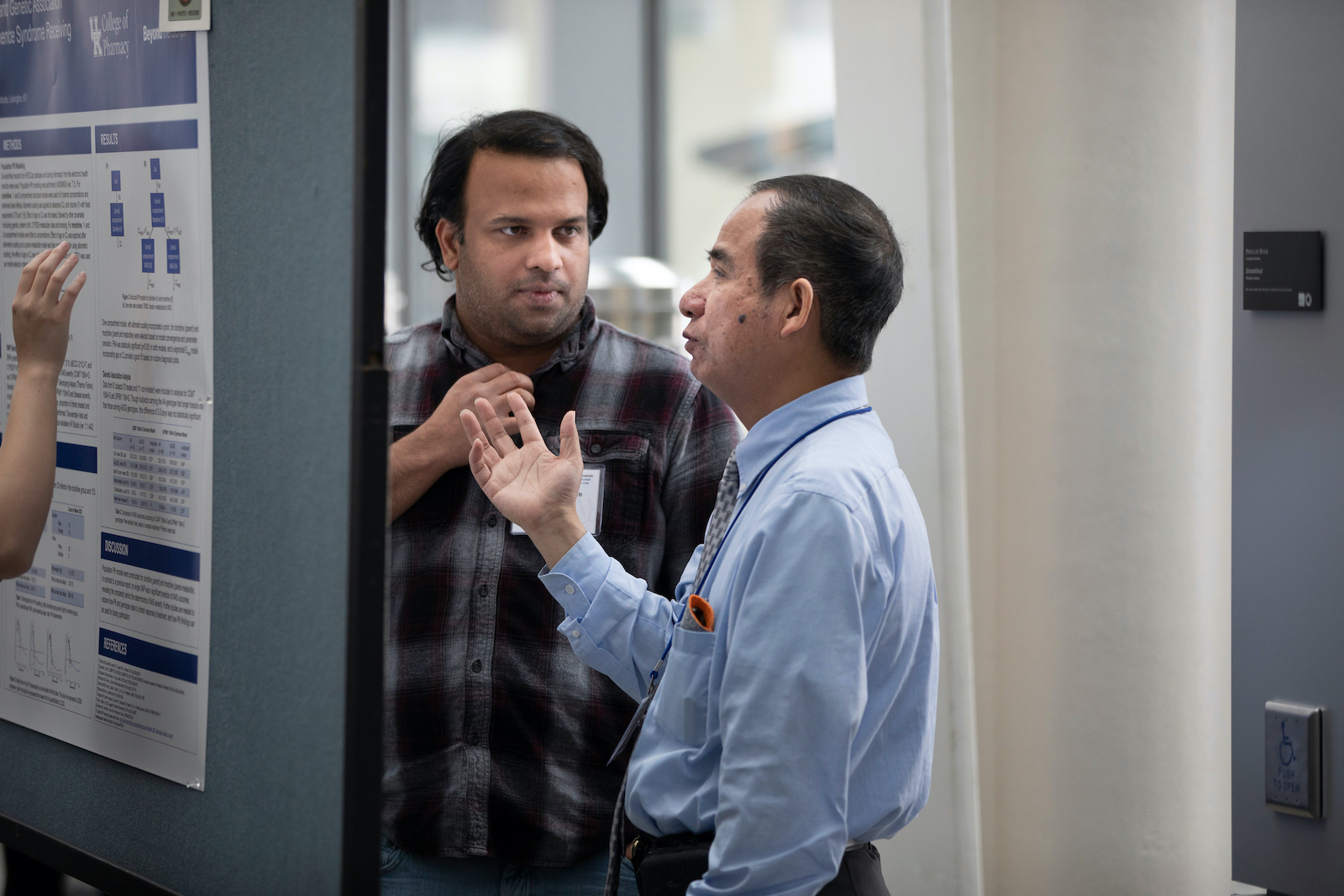"This next stage of our research is promising, showing that the enzyme has extended function in the bloodstream," Zhan said. "We envision that this therapy could eventually become a viable treatment option for cocaine abuse."
The National Survey on Drug Use and Health has reported that approximately 1.9 million Americans were using cocaine in 2008. In Kentucky, 70 or more people died from a cocaine overdose in 2013 and 2014, up significantly from 24 cocaine-related deaths in 2011.
Taking cocaine can result in severe health issues, including cardiovascular issues (disturbances in heart rhythm and heart attacks), neurological effects (strokes, seizures, headaches, and coma) and gastrointestinal complications (abdominal pain and nausea). Currently, there are no marketed treatments for cocaine overdose or addiction.
“Dr. Zhan's research is a compelling example of how UK—as the University for Kentucky – continually strives to improve lives in our community, by developing treatments to fight back against the crippling nature of addiction," said Dr. Eli Capilouto, President of the University of Kentucky.
Zhan will serve as the principal investigator but will work closely with Zheng, Walsh, and Ko on the project.
Full Press Release can be found at UKNOW


